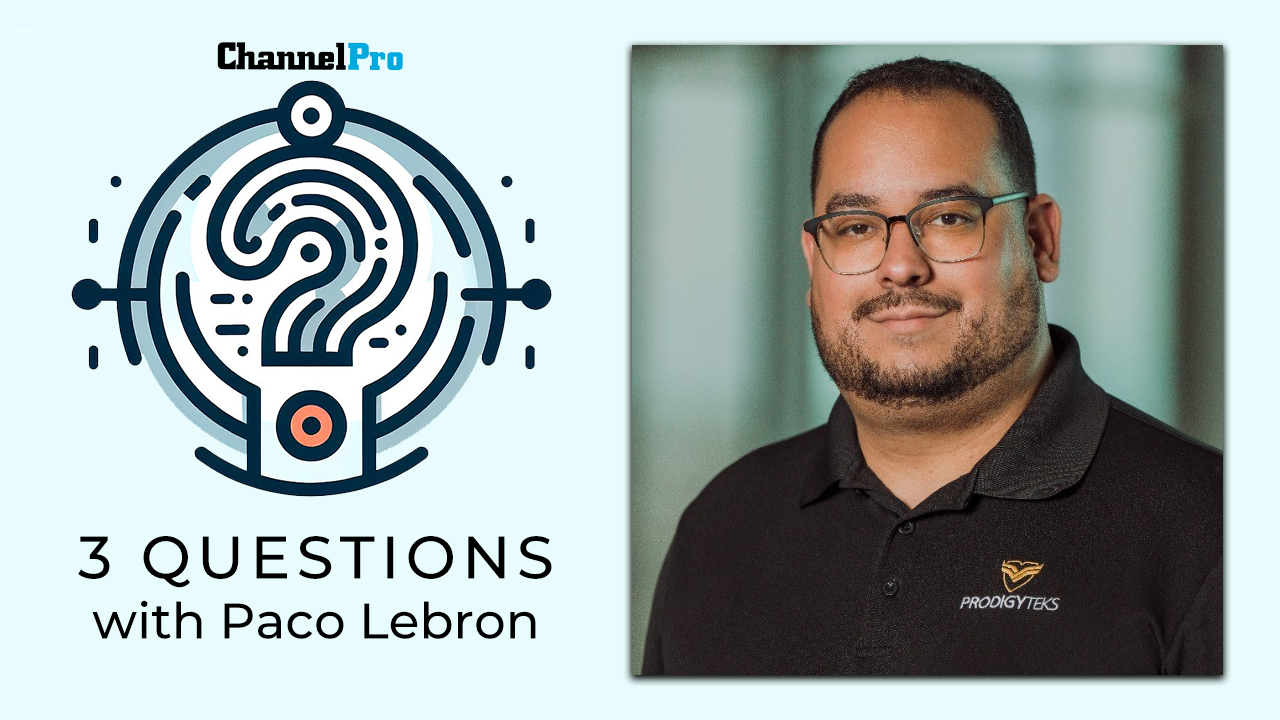The last job interview that Tom Marsland, who has served in the U.S. Navy for the past 21 years, had was when he was a 16-year-old high school student applying to McDonald’s. Now on his final tour of duty before retiring in 2024, Marsland, like the approximately 200,000 military members in the United States separating from the armed forces every year, is facing the transition to the civilian workforce. VetSec, the nonprofit he leads on a volunteer basis as chairman and CEO, not only helps veterans prepare to find jobs, but works to put them on a cybersecurity career path.
With so many open positions in cybersecurity, Marsland says it’s both an opportunity and a good fit for veterans. “It’s a great way to match the mission-oriented thought process of military members to accomplishing and defending something to cybersecurity, where that’s a very similar mindset,” says Marsland, who serves as a technical program manager/information systems security officer, currently stationed in the Seattle area.
Founded in 2019 by two veterans, Heath Adams, CEO and founder of TCM Security, and Elliot Chernofsky, a senior reverse engineer at Google, VetSec accepts members of the U.S. military and friendly nations, both active and reserve, as well as veterans. “Our whole goal and our vision is to create a world where no veteran pursuing a career in cybersecurity goes unemployed,” Marsland explains.

Tom Marsland
VetSec provides “a chat-based platform where our members can come and share lessons learned and help each other through their military transition, he says. “And then we also partner with industry providers of cybersecurity training and make those available at low or no cost.”
For instance, through a partnership with Immersive Labs, VetSec provides access to the only Veteran Digital Cyber Academy in the U.S. This free training features over 250 labs across all domains of cybersecurity.
As an approved CompTIA Academic Partner, VetSec members receive discounted academic pricing for all CompTIA learning resources and exam vouchers as well as access to the Interactive Career Pathway Planning Tool. And through a partnership with Fortinet, VetSec members can access Fortinet Network Security Expert (NSE) training and all certifications for free.
Other partners include TCM Security Academy, the Center for Cyber Security Training, CyberKnights, Splunk, Evolve Security Academy, Level Effect, Coursera, and more. VetSec also puts on a yearly conference called VetSecCon.
In addition, VetSec helps its nearly 5,000 members with interview preparation, resume writing, setting up a LinkeIn profile, and leveraging that network. Those are the three “big skill sets that we find that military members are lacking when they transition out of the service,” Marsland notes, “myself included.”
He joined VetSec in January 2020 when he was starting to think ahead to his own transition. “I have got a family with four children here and I wanted to ![]() make sure that I was kind of ahead of the ballgame and ready to be able to support them when I retired,” he says. “My interests have always been in cybersecurity, specifically in training, and training is what I’ve done in my career in the military a lot, so I started researching organizations that were helping military members.” He says the VetSec community was “extremely welcoming” and he was able to take advantage of a training voucher.
make sure that I was kind of ahead of the ballgame and ready to be able to support them when I retired,” he says. “My interests have always been in cybersecurity, specifically in training, and training is what I’ve done in my career in the military a lot, so I started researching organizations that were helping military members.” He says the VetSec community was “extremely welcoming” and he was able to take advantage of a training voucher.
Wanting to do more, he stepped up when board elections came up later that year. “It’s a labor of love, honestly …. You know, my story was very small. It was a small piece of training that I was interested in, that the organization helped me get, but seeing the members that we have really helped, some of them who were living on the streets and have found employment because of the work that the board has done, some of them that just were lost in their transition and didn’t know what to do [and] felt overwhelmed. We have a mental health support channel as well for members to just discuss their struggles and feel like they still have an organization that they belong to when they’re leaving the military.”
This year, VetSec has helped place over 100 members into cybersecurity jobs in the United States, up from 60 in 2021 and 20 in 2020.
“But really, at the end of the day,” Marsland stresses, “the biggest thing that the site provides is that sense of community for the military veterans who are leaving the service and that don’t have that anymore, or are rapidly going to be in a place where they don’t have that.”














